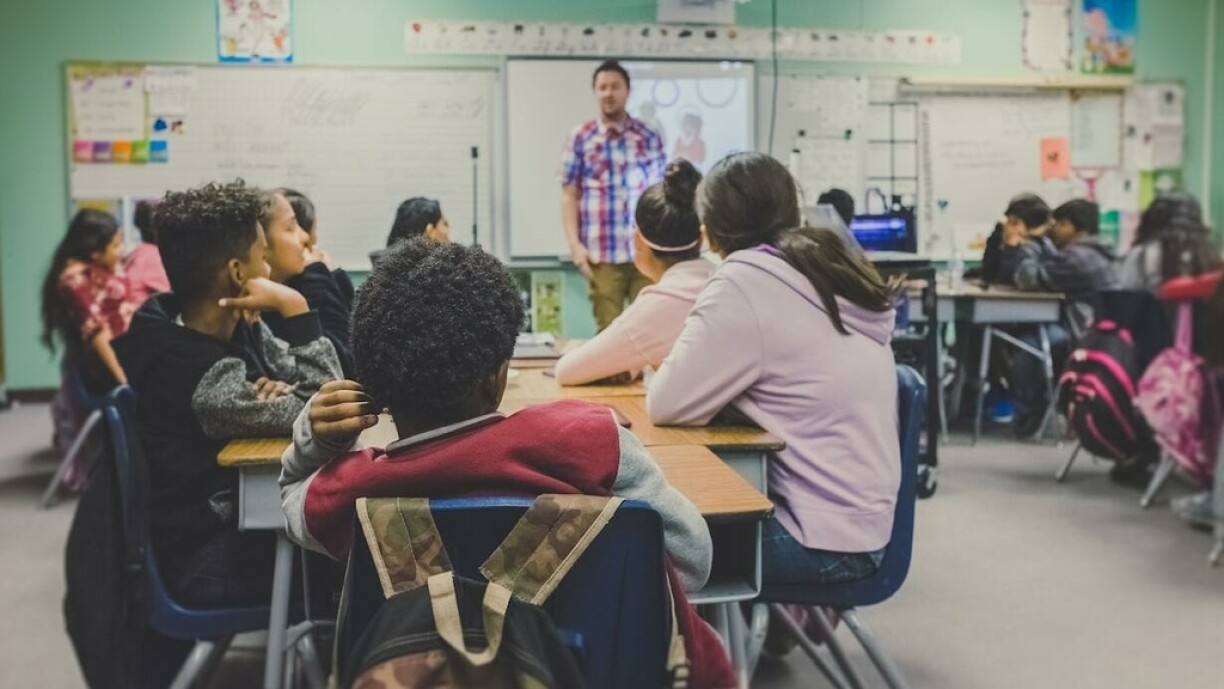
To enhance the integration process for these students and their families, a new initiative will be introduced from this summer onwards. The corresponding legislation, presented by Minister of Education Claude Meisch on Tuesday, is set to be voted on in the Chamber of Deputies before the summer recess.
The key component of this initiative is the establishment of the Service for Integration and Admission in School (SIA), which will provide assistance and guidance to families in navigating the Luxembourg school system. The SIA will address orientation questions for both primary and secondary schools, offering follow-up support for up to two years.
Meisch stressed the importance of ensuring quality education for all students, while acknowledging the need for further progress based on national and international education studies.
Pierre Reding, Director for Integration at the Ministry of Education, explained that the SIA would no longer solely consider linguistic competences but also assess the child’s previous academic experience, skills in various subjects, and their family’s aspirations and duration of stay in the Grand Duchy. The aim is to match each child with a suitable school environment that aligns with their individual needs and circumstances.
Reding also emphasized the importance of collaboration between the SIA, families, and schools. Previously, schools often lacked preparation for receiving new students, resulting in a lack of information transfer. The SIA will facilitate communication between the service, the chosen school, and the incoming students’ families, ensuring a seamless transition and sharing vital information about the students and their educational backgrounds.
The integration service will also promote interculturality within schools, encouraging them to include it in their development plans beyond mere cultural events. Reding stressed the significance of integrating intercultural perspectives into classroom instruction, equipping teachers with the necessary skills to effectively engage with diverse student populations.
The SIA team is already in place, with recent additions to accommodate the expanded responsibilities. The team now comprises 35 professionals, supported by 11 full-time intercultural mediators, 75 freelance mediators, and 53 temporary staff members dedicated to Ukrainian children and families. In addition, each school will have the opportunity to appoint a designated staff member who will be granted time off from their regular duties to serve as a contact person for incoming students.
To raise awareness among parents, information campaigns will be conducted in municipalities and through embassies abroad, according to Reding. The legislation also permits the organisation of welcome classes for newly arrived primary school children in exceptional cases, such as an influx of refugees. Secondary schools will introduce welcome courses that allow students to temporarily leave regular classes for specific subjects, mirroring existing practices in primary schools.